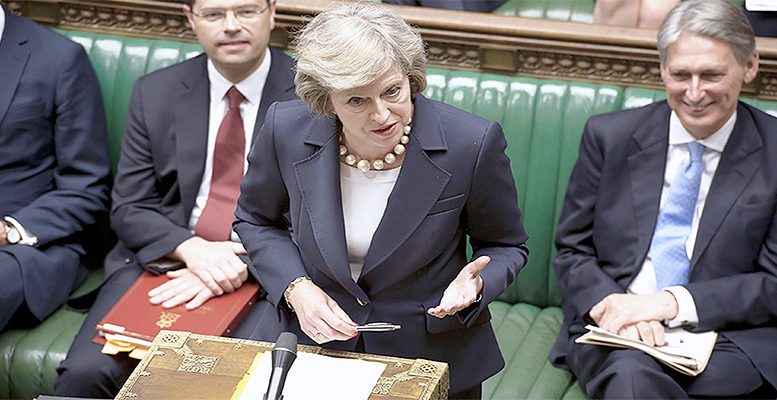Despite the initial feeling of euphoria after an agreement was reached with Brussels on the UK separation from the EU, this was not an easy task for PM Theresa May. This morning in just a couple of hours, Dominic Raab as Brexit Secretary and as well as Suella Braverman as Brexit minister, Shailesh Vara as Northern Ireland Minister and Esther McVey, as Secretary of State for Work and Pensions, have resigned. While Raab, Braverman and McVey were convinced eurosceptics who favoured No vote in 2016 Brexit referendum, Vara was a clear Remainer. These four resignations means the biggest blow to May’s leadership, and therefore sterling.
In fact, both irreconciliable positions are reflecting over the sterling fluctuations: it is on track for its biggest fall in 2 years after the resignations, but the lack of a notable relief rally until that moment showed that markets were not rushing to buy the rumour just yet
Further light will be shed today. At 10:30 May started to propose the draft deal to a heavily fractious and ignitable Parliament. Many report the Q&A session could last up to 3 hours.
For analysts at Monex Europe, even if May avoids “the proverbial Tory knife in the back”, sterling upside will likely be limited to the low 1.30s against USD until a clear indication of the deal’s chance’s in parliament emerges.
“Ultimately if the deal is passed through parliament – and that’s looking like a very big if at this stage – we remain very constructive on sterling. Wages are rising and the economy is likely to enjoy a “catch up” effect as delayed investment decisions are made. ”
“This will hardly take the UK economy into sunlit uplands, but if the myriad problems faced by sterling in the short term are cleared, the long-awaited relief rally remains very viable. ”
For Deutsche Bank Research team, this recent rally in sterling reflects the fact the market is now “fully pricing the deal” as part of the Brexit endgame, but the ratification process comes next.
We remain of the view that risks are underpriced. Should the DUP oppose the agreement,and assuming that at least 20 Conservative MPs oppose the deal, it will require 22 Labour MPs to vote with the government to secure agreement – a difficult task in our view.





